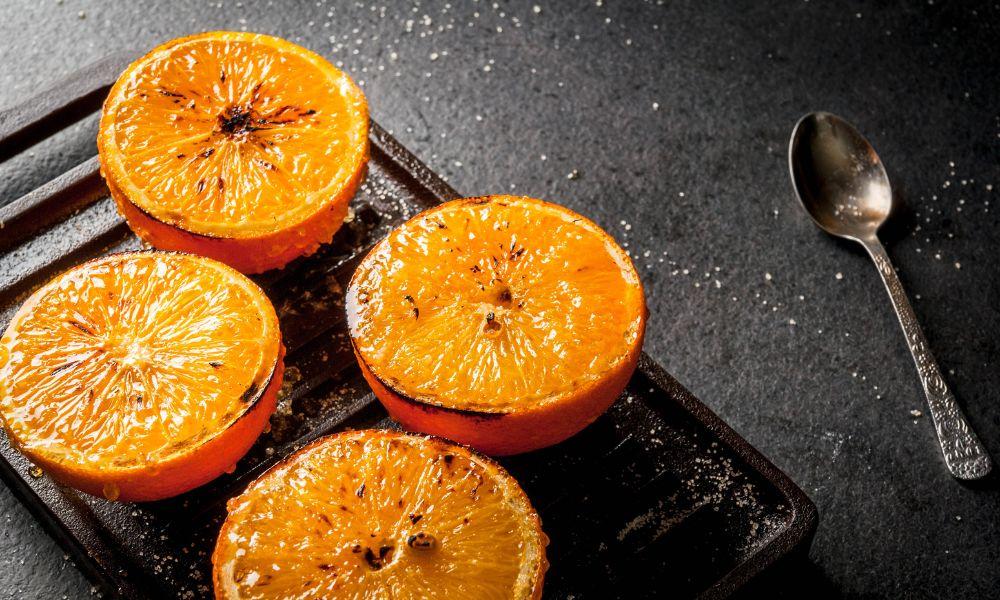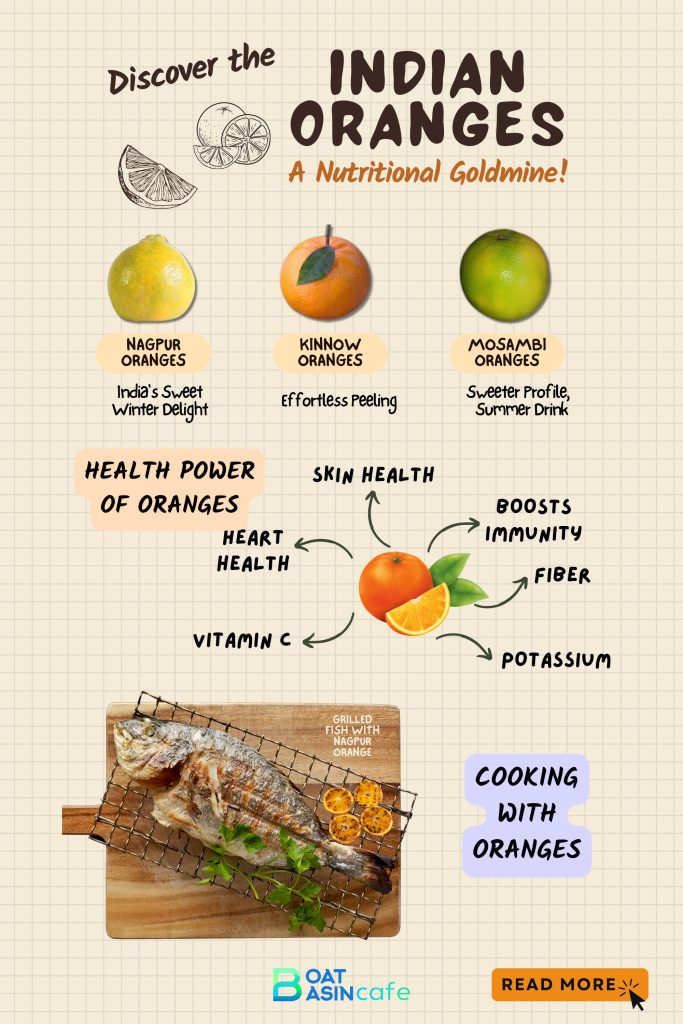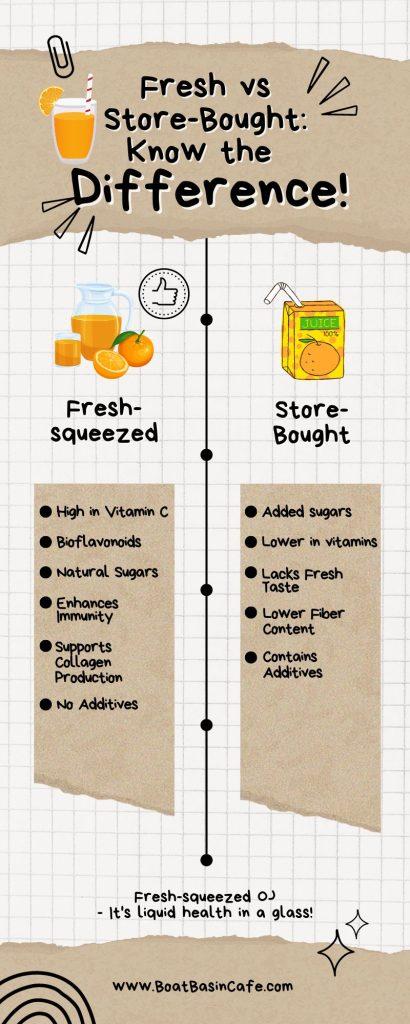Welcome once again to the Boat Basin Café’s trove of culinary wisdom. Today, we’re answering a question we often get: “What can I substitute for rice vinegar?” It’s a good question, considering the broad use of rice vinegar in cooking around the world. Before we delve into the possible rice vinegar substitutes for pickling, let’s first understand why the tangy element, vinegar, is a staple in many kitchen recipes.
The Profile of Rice Vinegar
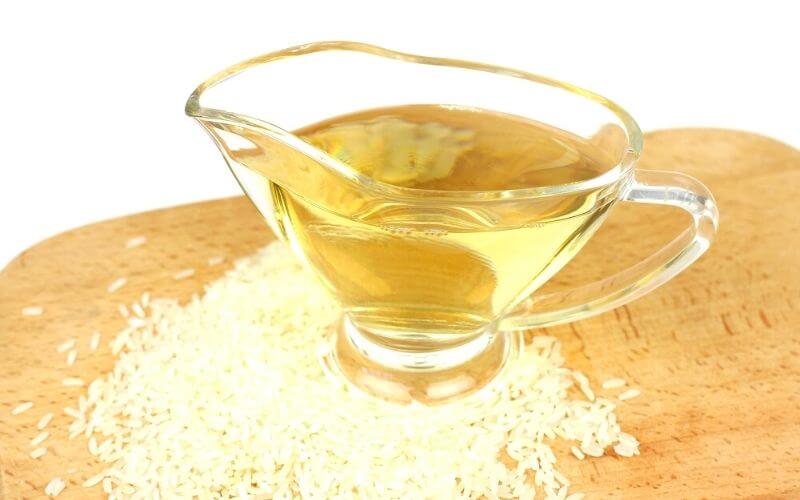
Rice Vinegar, an essential ingredient in many Asian recipes, becomes an interesting subject when one considers its flavor, acidity, and culinary implications. Its mild sweet-tangy taste and balanced acidity make it a versatile companion in many kitchens, but we’ll dive into that later. First, let’s understand what we are replacing before asking, “what can I replace rice vinegar with?“, shall we?
One of the key benefits of using rice vinegar is its capability to balance flavors. It offers a delicate sweetness keeping the overall taste from being overpoweringly sour yet plays harmoniously with the other flavors within a dish. Now try not to be overly concerned if you’ve run out of rice vinegar or perhaps a recipe uses it, and you don’t ordinarily stock it; there are other excellent substitutions.
Top Substitutes for Rice Vinegar
The good news is, there are various contenders on the list of substitutes. Each carries its uniqueness, intensity of acidity, and flavor representation. Here are some options where you can experiment.
White Wine Vinegar
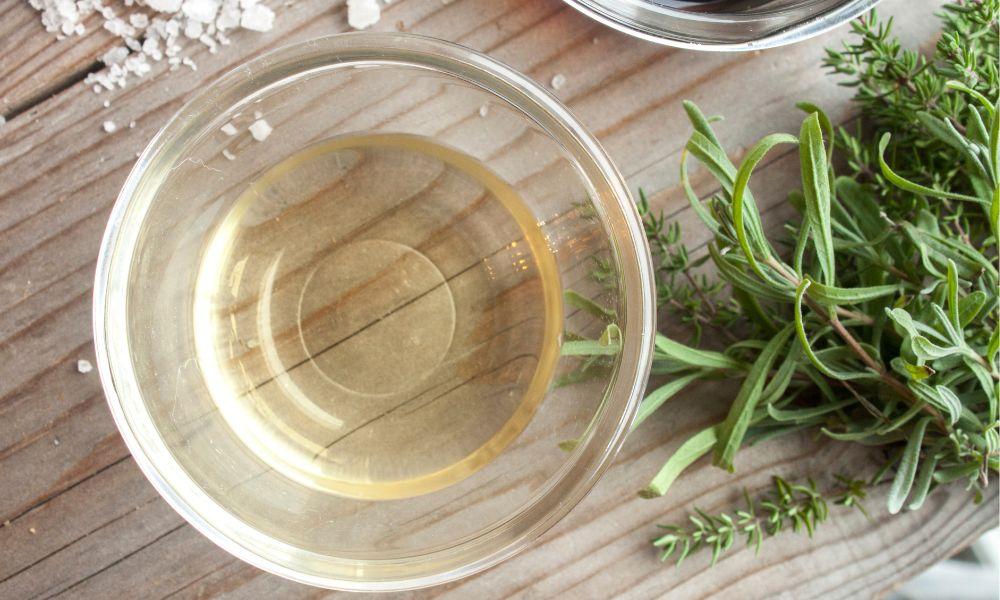
Your first bet when considering rice vinegar substitute for pickling should be White wine vinegar. This vinegar is made from fermented white wine, which is typically vegan and gluten-free. Therefore, it’s a suitable replacement for those following a vegan or a gluten-free diet.
It has a mild taste, slightly more acidic than rice vinegar, and can be used in virtually all the same dishes as rice vinegar. It made from fermented white wine, this type of vinegar brings a subtle sweetness and tangy essence that may even elevate certain recipes.
👩🍳You can use white wine vinegar as a 1:1 substitute for rice vinegar. If you want it sweeter, add 1/2 teaspoon of sugar for every tablespoon of white wine vinegar.
🍱Recipe Suggestions
The subtle flavor of white wine vinegar makes it excellent for using in salad dressings.
Try it in a homemade raspberry vinaigrette: combine white wine vinegar, fresh raspberries, Dijon mustard, honey, and olive oil for a sweet tangy dressing.
Champagne Vinegar
Another elegant replacement for rice vinegar could just be sitting in your pantry all along – the Champagne Vinegar. This vinegar is processed from champagne, which means it’s essentially free of any animal products, making it vegan-friendly. Likewise, it’s also suitable for those following a gluten-free diet.
Its subtle flavor and slight sweetness match the light flavors in rice vinegar. Personally, when I experimented with a pinch of it in a quick cucumber salad, it worked wonders enhancing the freshness of the salad. I must say; it was a delightful surprise!
👩🍳For a substitute, use champagne vinegar in a 1:1 ratio. The sweetness mimics that of rice vinegar, so additional sugar isn’t usually necessary.
🍱Recipe Suggestions
This type can be used successfully in light seafood dishes. Try adding champagne vinegar to a shallot-butter sauce for grilled or steamed clams. Its delicate flavor won’t overwhelm the seafood.
Distilled White Vinegar
A stronger option in terms of acidity and flavor, distilled white vinegar is still a good substitute for rice vinegar.
This vinegar comes from grain-based ethanol which could pose a gluten risk for some, but most brands available in the market are highly distilled and are considered safe for people with gluten intolerance. Vegans can safely use it too.
However, it’s like driving with your hand near the brake pedal; you need to dilute it with water and sugar to balance out its intense flavor before it takes over your dish like a wild stallion. You don’t want to turn your salad into a vinegar-soaked pickle, trust me; I’ve been there.
👩🍳It’s a stronger vinegar, so dilute it for recipes requiring a milder flavor. For every specified tablespoon of rice vinegar, use 1 tablespoon of distilled white vinegar and 1/2 tablespoon of water and 1/2 teaspoon of sugar.
🍱Recipe Suggestions
Ideal for pickling and marinade recipes due to its strong acidity. Try using diluted distilled white vinegar in a classic recipe of pickled cucumbers for a refreshing side dish.
Apple Cider Vinegar:
Ever considered Apple Cider Vinegar to be a worthy substitute for rice vinegar? I did, and it was a revelation. Naturally vegan, this vinegar also makes a good option for those avoiding gluten. Double-check labels, however, as not all apple cider vinegars are certified gluten-free.
Its slightly fruity note tags along well with almost any dish that requires rice vinegar. Remember when the balsamic vinegar as a rice vinegar substitute experiment went up in smoke due to balsamic’s overwhelmingly rich and sweet flavor? Apple cider vinegar turned out to be a safer, reliable alternative in that scenario! So if you’re replacing in a salad or a marinate, this one’s the ticket.
👩🍳Utilize this as a 1:1 substitute, but if your recipe requires a touch of sweetness that rice vinegar provides, add 1/2 teaspoon of sugar for every tablespoon of apple cider vinegar.
🍱Recipe Suggestions
Perfect in BBQ marinades due to its slightly fruity flavor. Experiment with a smoky apple cider BBQ chicken recipe, using apple cider vinegar with brown sugar, ketchup, Worcestershire sauce, and smoked paprika.
Lemon or Lime Juice
For a citrusy twist, consider the humble lemon or lime juice. High in acidity and renowned for their zesty flavor, these citrus brothers can brighten up your dish in ways you never expected. Lemon or lime juice is naturally gluten-free and vegan, making it an excellent option for enhancing flavor in a special diet meal.
I once ran an experiment to make a rice vinegar substitute solution with lemon juice, some water, and sugar. To my surprise, it worked like magic on an Asian style tofu stir-fry.
👩🍳For a more citrus flavor, replace every tablespoon of rice vinegar with 2 tablespoons of freshly squeezed lemon or lime juice. Some extra sugar might be needed depending on the tartness of the juice and the desired sweetness of your dish. Consider starting out with 1/2 teaspoon of sugar and adjusting according to taste.
🍱Recipe Suggestions
The citrus flavor suits seafood recipes excellently. Try using lemon or lime juice instead of vinegar in a ceviche, a refreshing Latin American dish made from fresh raw fish cured in citrus juices.
Best Vinegar Options for Delectable Sushi
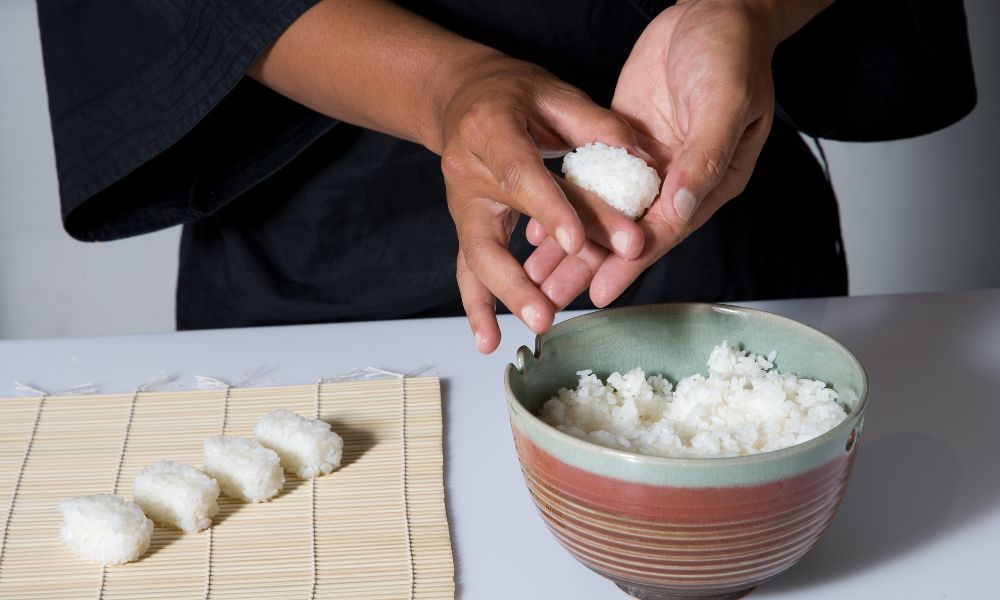
Sushi is a unique dish that brings together a variety of flavors, all hinging on the subtle, balanced taste imparted by rice vinegar. Traditionally, this ingredient helps enhance the bold flavors of the fish and other ingredients, providing a gentle acidic backdrop.
However, if you find yourself without rice vinegar in your pantry, fear not – there are alternatives that can bring a similar delicate balance to your sushi. The critical aspect to keep in mind is the replacement vinegar’s acidity level and flavor profile.
White Wine Vinegar, with its mild tanginess or Lemon and Lime juice, with their fresh citrusy punch, can work as suitable substitutes. Remember to balance these with a touch of sugar to mimic the slight sweetness of rice vinegar.
On a different note, fermenting enthusiasts might want to experiment with Champagne Vinegar, which brings in a mild fruity essence and a hint of aromatics. Tried and tested in many kitchens, it holds the potential of making your sushi even more enjoyable.
Special Mention – Cultural Influences:
The beauty of cooking is that it knows no boundaries, and that remains as true as ever when understanding what you can replace rice vinegar with for that perfect taste.
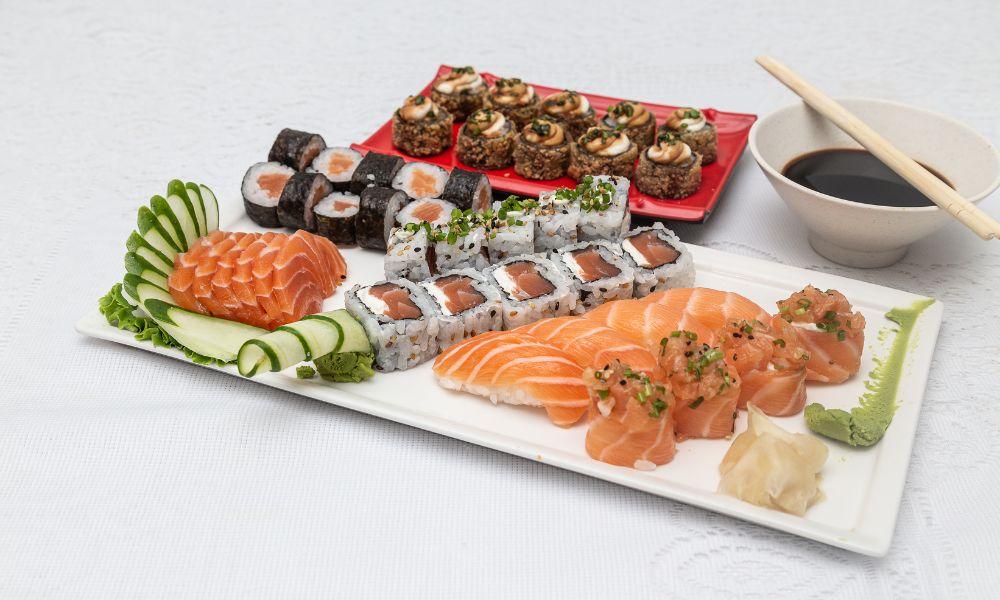
Japanese Influence:
Japanese cuisine extensively uses rice vinegar. For instance, in sushi, the role of rice vinegar is irreplaceable. But fret not—a blend of lemon juice and sugar can work as an acceptable substitute for an iteration of sushi at home.
Regional Vinegars and Their Substitutes:
Vinegars around the world vary tremendously based on cultural preferences and localized tastes, which affect the substitutes you choose. A comparison of rice vinegar vs distilled vinegar reveals a wide gap in acidity and taste, but in some dishes, diluting the latter can yield favorable results. Similar rules apply to red wine vinegar vs rice vinegar—an exciting (and edible) experiment, indeed!
Nailing Your Pickling Basics with Vinegar Substitutes
Pickling is a culinary method long adored for its ability to extend the shelf life of various foods and to add a tangy zest to otherwise ordinary ingredients. While many traditional pickling recipes call for a mild vinegar like rice vinegar, there are other worthy contenders standing by.
Different vinegars can greatly influence the taste and texture of your pickled goods. The key component in vinegar is acetic acid, and the percentage of acetic acid in different types of vinegar can greatly affect the final product.
When swapping out rice vinegar for pickling, the acidity level of your chosen substitute is paramount. For instance, white wine vinegar shares a similar lightness and delicate flavor with rice vinegar which makes it a solid choice. Remember to check the acidity level on the label, as it should be around 4-5% like rice vinegar, to safely preserve your vegetables.
On the stronger side, distilled white vinegar – with its high acidity and potent flavor – is often hailed as the champion of pickling vinegars. However, it’s advised to dilute it with water and some sugar to mellow out its assertive character.
Ultimately, the best substitute vinegar for your pickling adventure will depend on the specific flavor profile you’re aiming to achieve. Whether you prefer the clear, bright notes of white wine vinegar or the robust punch of distilled white vinegar, each substitute offers its unique twist to the timeless art of pickling.
Expert Tips for Substituting Rice Vinegar
Now, as someone who has cooked at the Boat Basin Cafe in Downtown New York (before it sailed into sunset), I’ve had the opportunity to experiment several times with substitute ingredients. Here are a few pointers you may find useful:
- Vinegar is all about balancing acidity, sweetness, and flavor. So, when substituting, take note of the acidity level of different vinegar types. Remember the rule of thumb—the stronger the acidity, the less you use.
- Sometimes, it’s just a matter of personal preference. For instance, many patrons at the cafe preferred malt vinegar as a replacement for rice vinegar. For others, using wine as a rice vinegar alternative went down a treat.
- Seasoned rice vinegar is just regular rice vinegar with added sugar and salt. You can easily make your own at home and manipulate the seasoning levels to your liking. This flavor manipulation is beneficial in cases where you need to replicate a specific taste or mimic both rice vinegar in marinades and its top alternatives.
- When substituting vinegar in Asian recipes, be mindful of the central theme of Asian cuisine— balance. The ideal substitute should introduce a complementary flavor rather than overwhelming the original taste profile.
Conclusion
There it is! From malt vinegar trying to mimic rice vinegar’s savoriness to lemon juice holding a candle to its refreshing tanginess, you’ll never fall short of options.
As always in cooking, let your taste buds guide you. The real secret is to never stop experimenting and always be open to new taste experiences. The flexibility in cooking is your best companion all the way.
Why seasoned rice vinegar is different or how vinegar fermentation takes place—are topics for another day. For now, relish the joy of finding your perfect vinegar substitute.
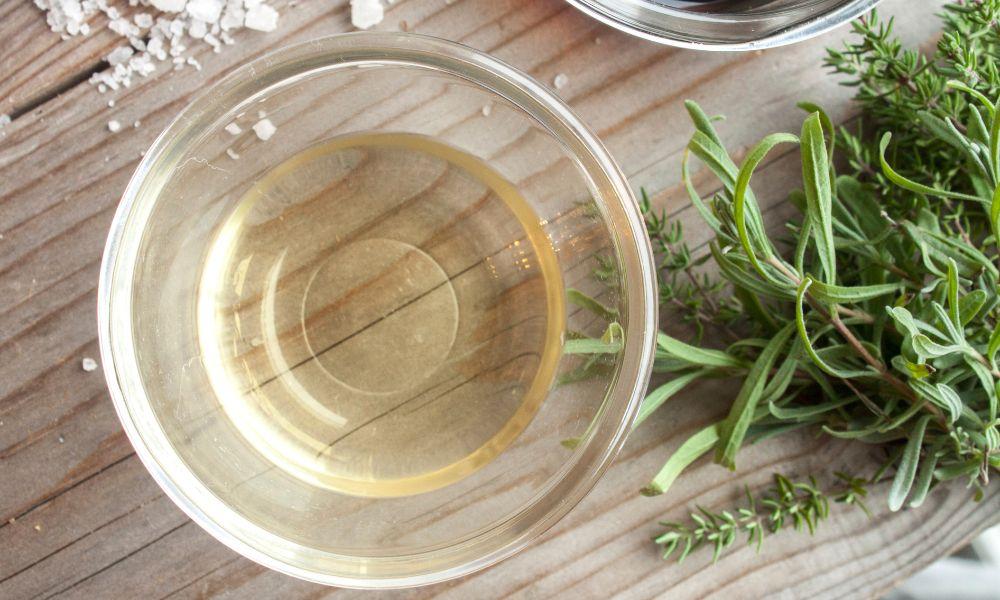
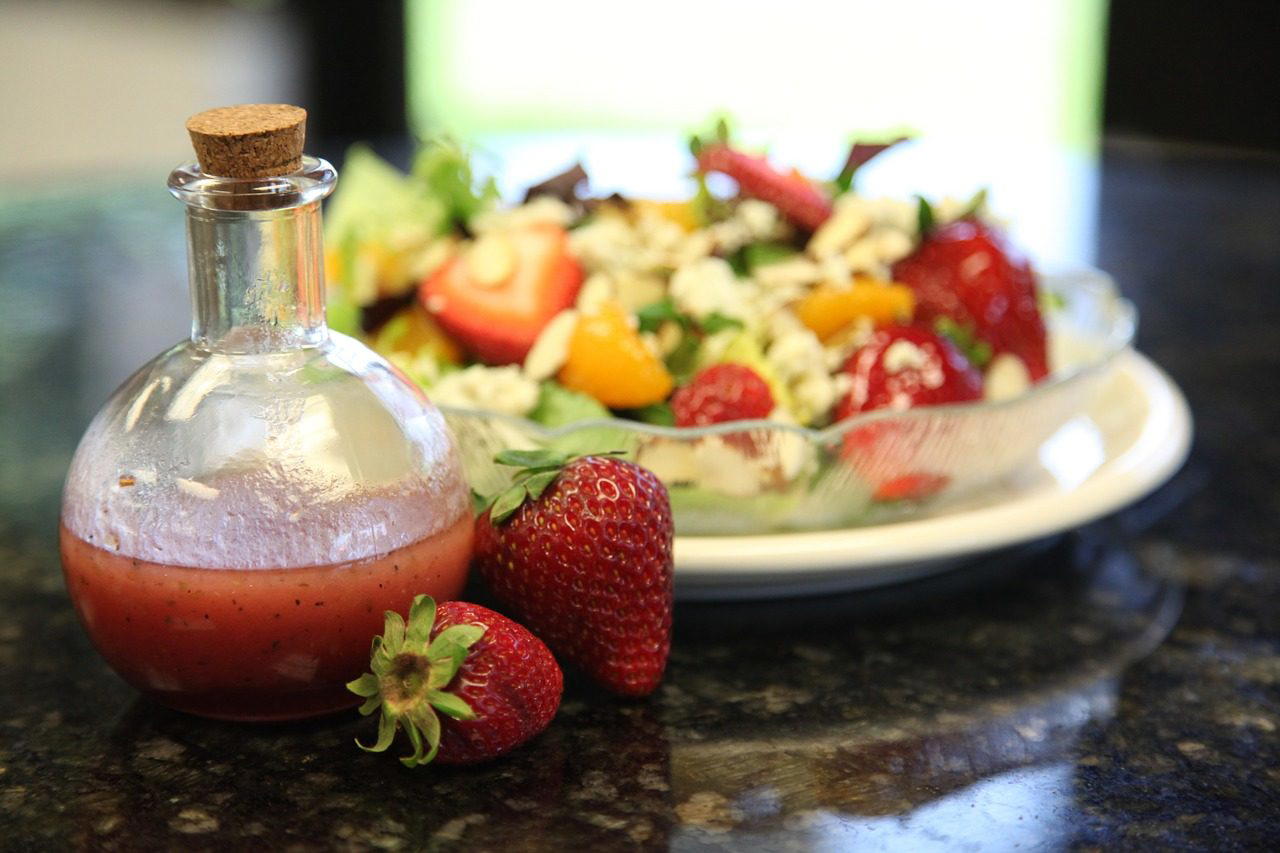
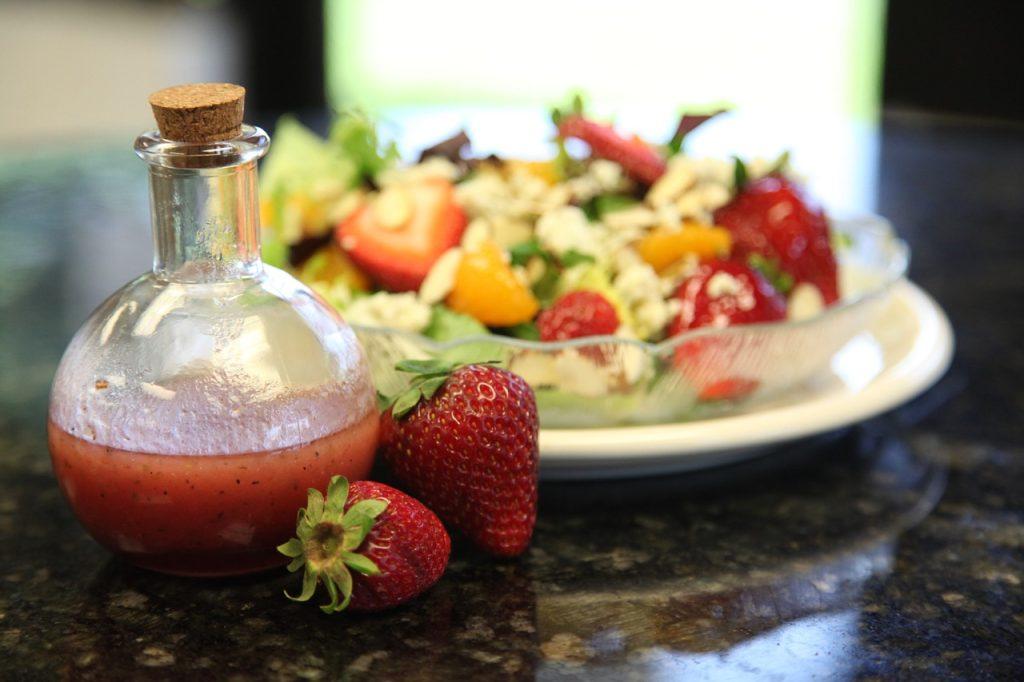
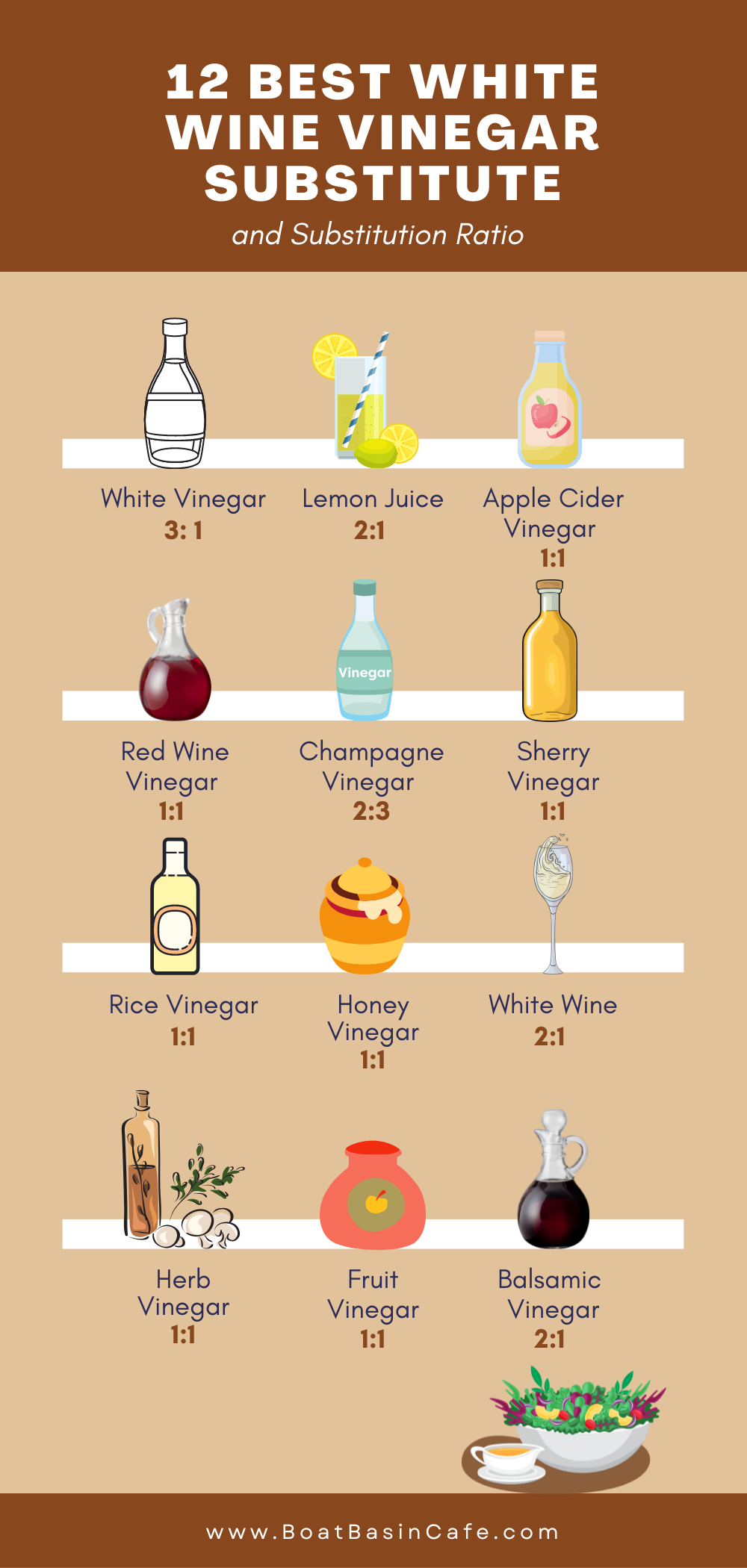

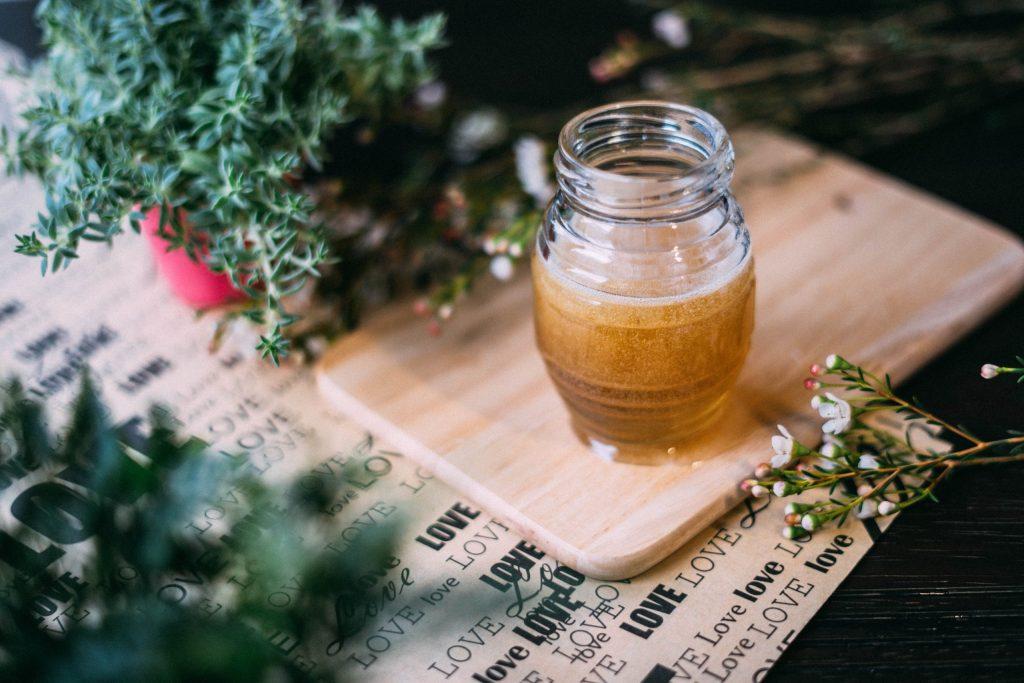
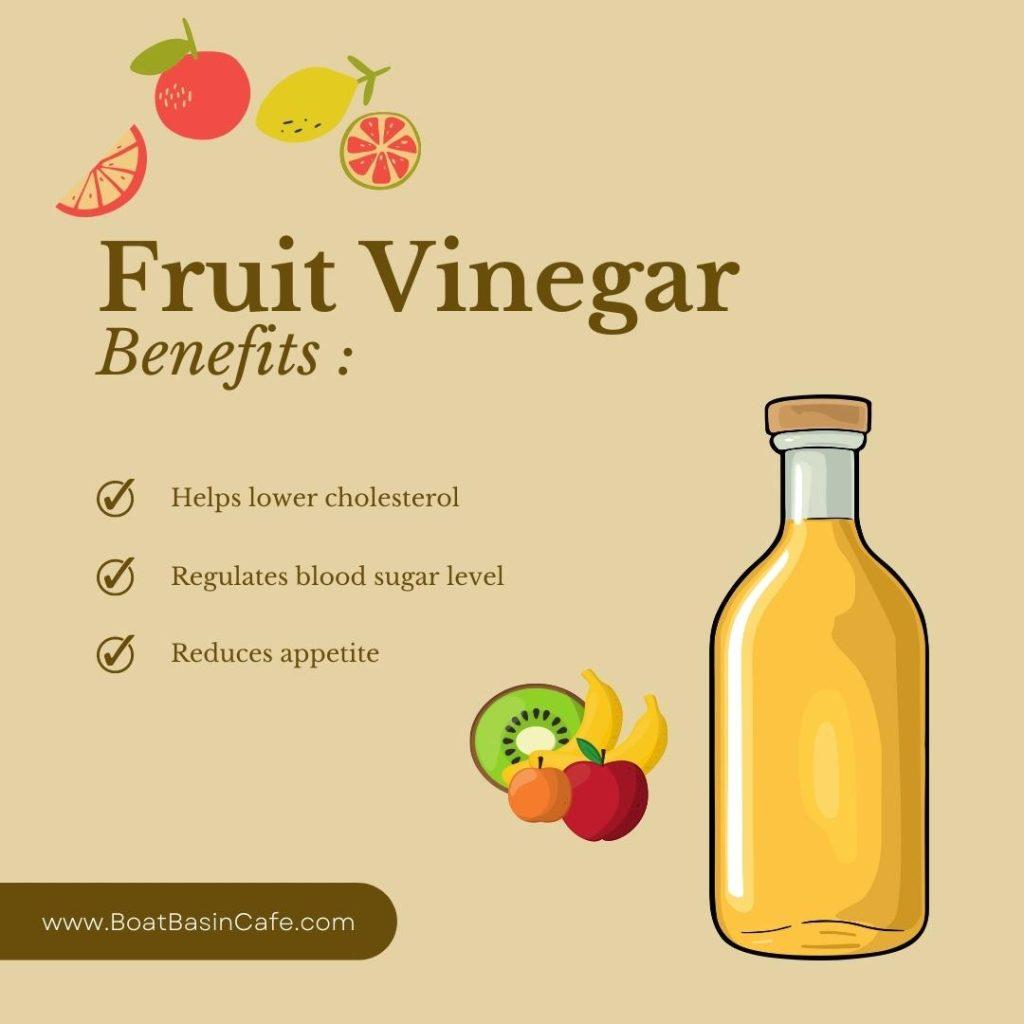





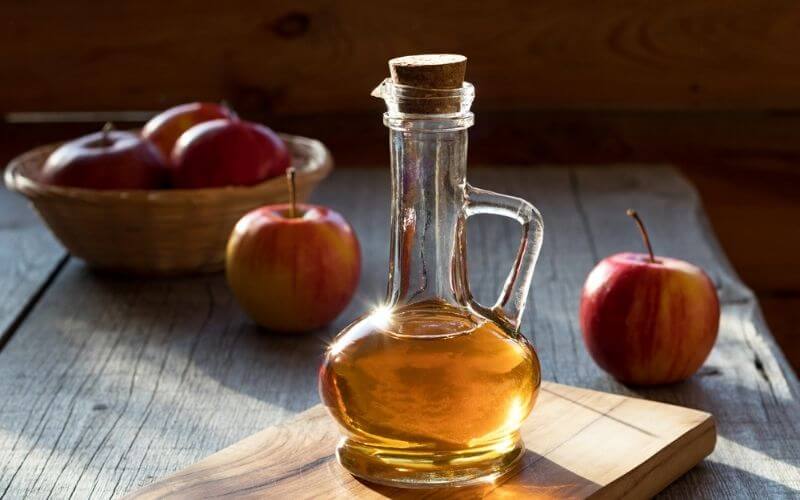


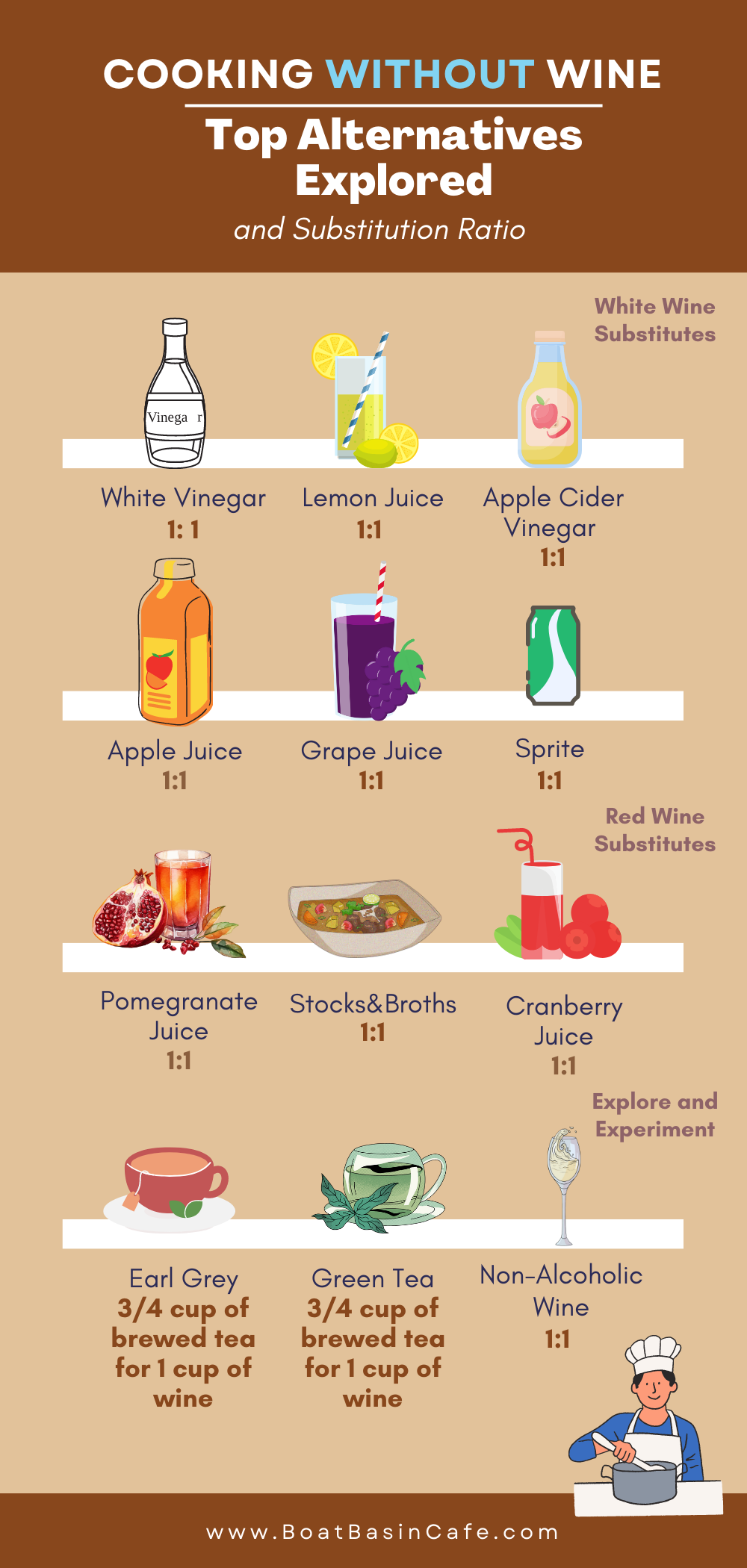

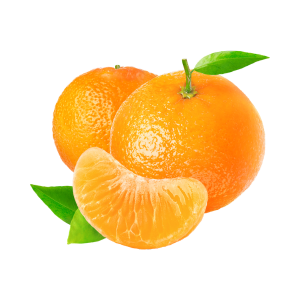

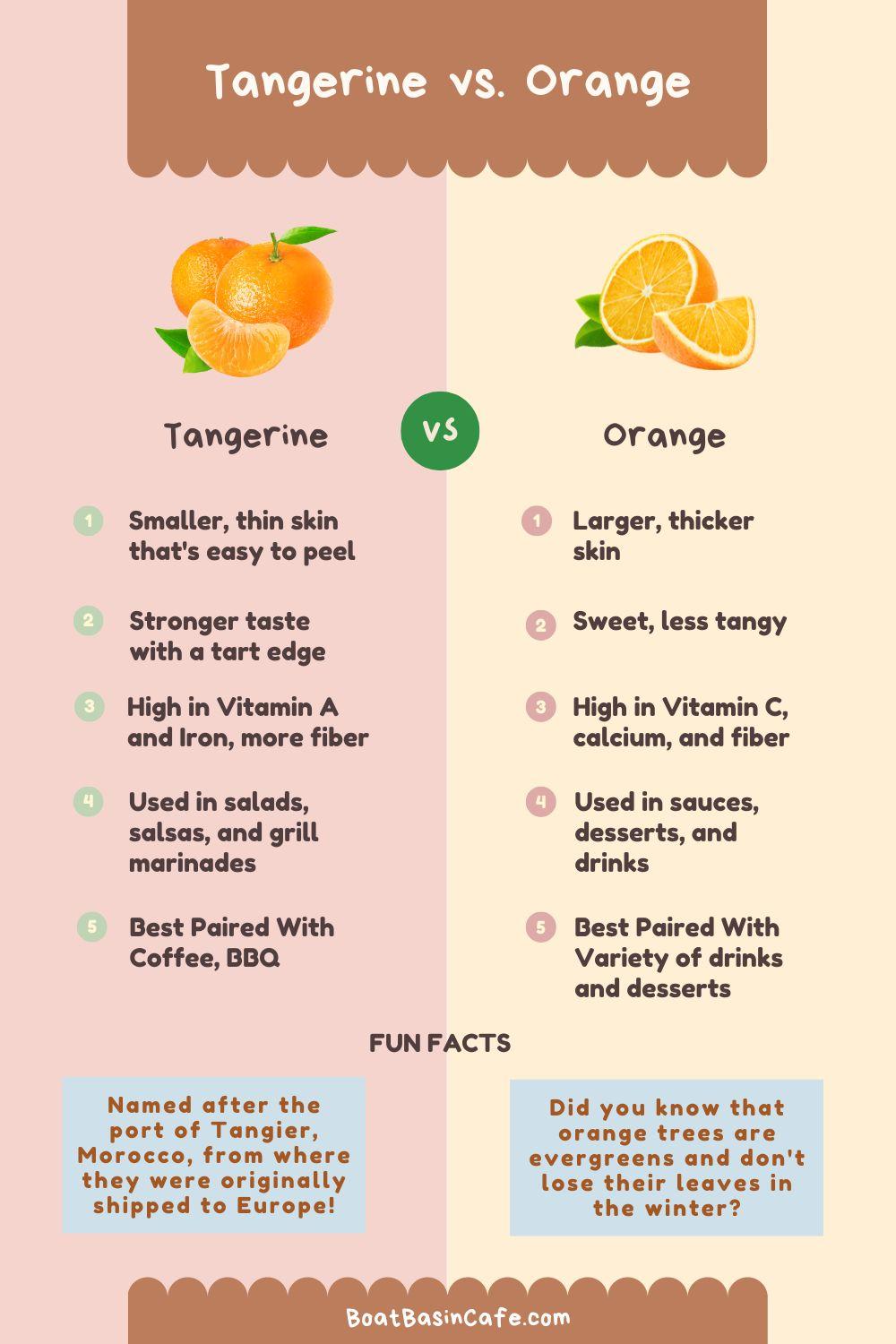


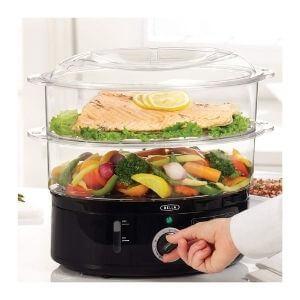
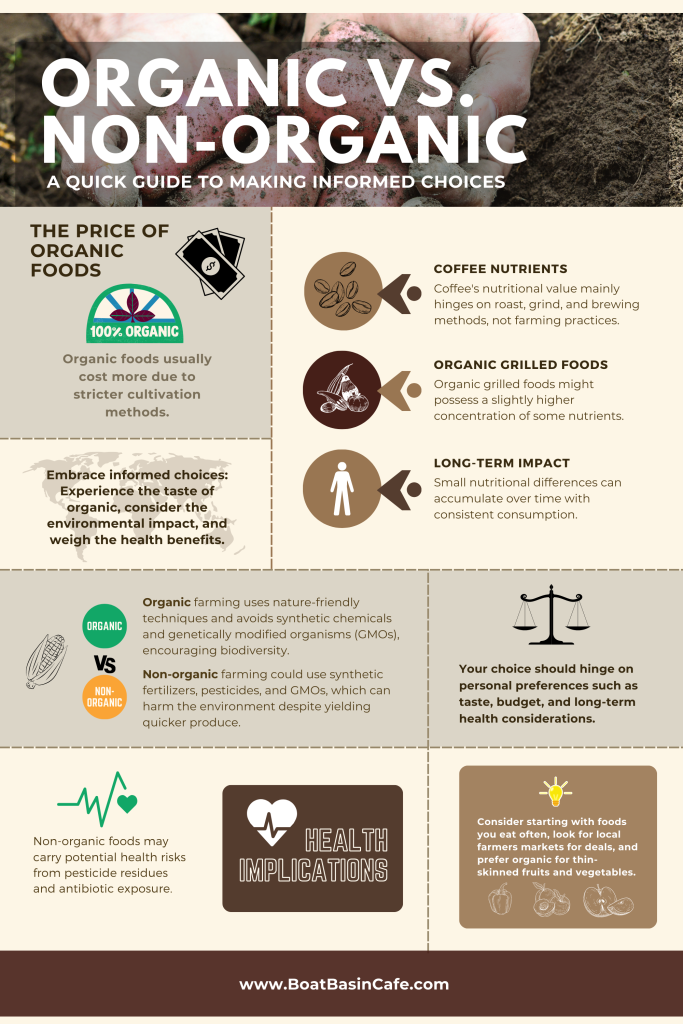
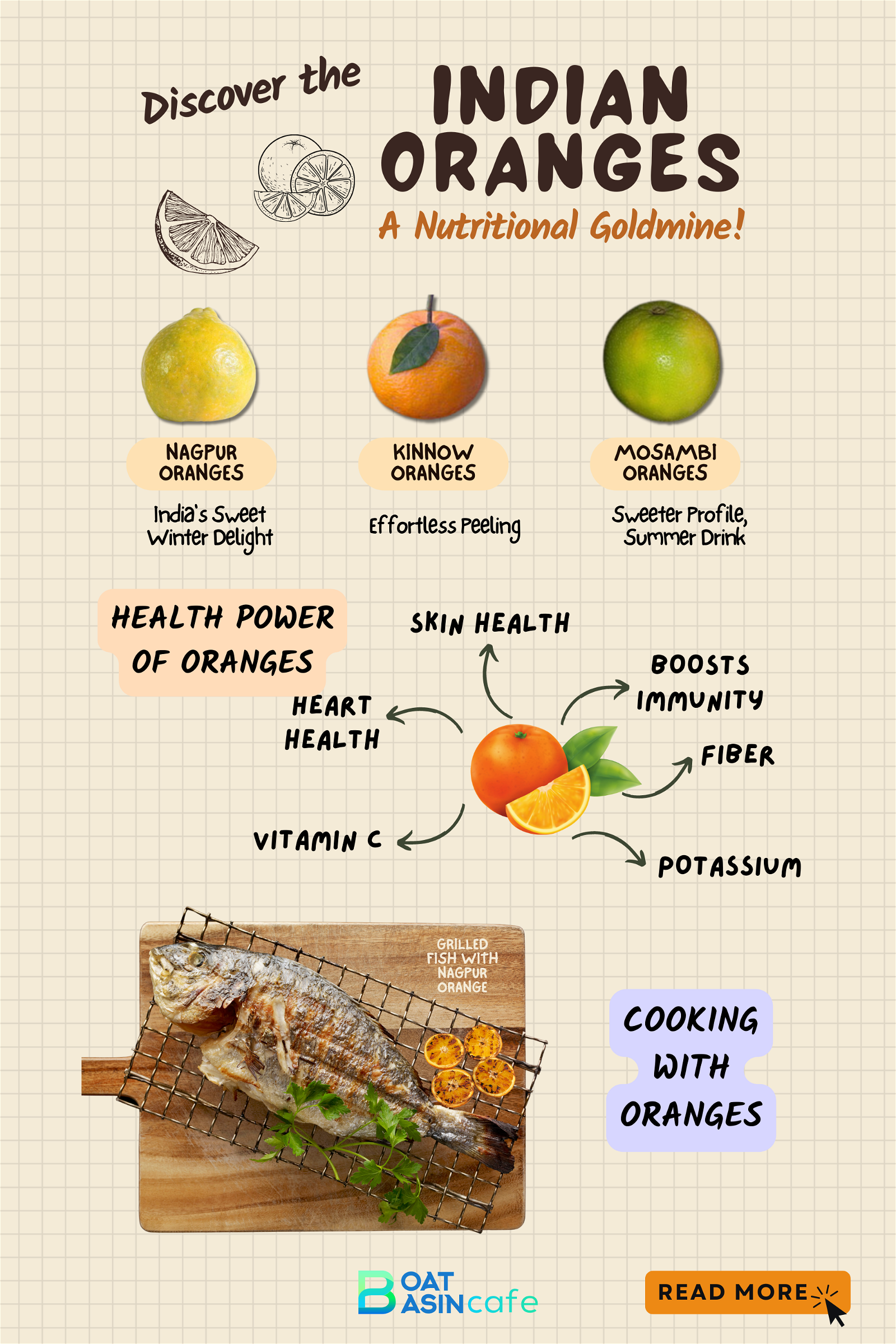
 Nagpur Oranges
Nagpur Oranges Kinnow Oranges
Kinnow Oranges Mosambi Oranges
Mosambi Oranges